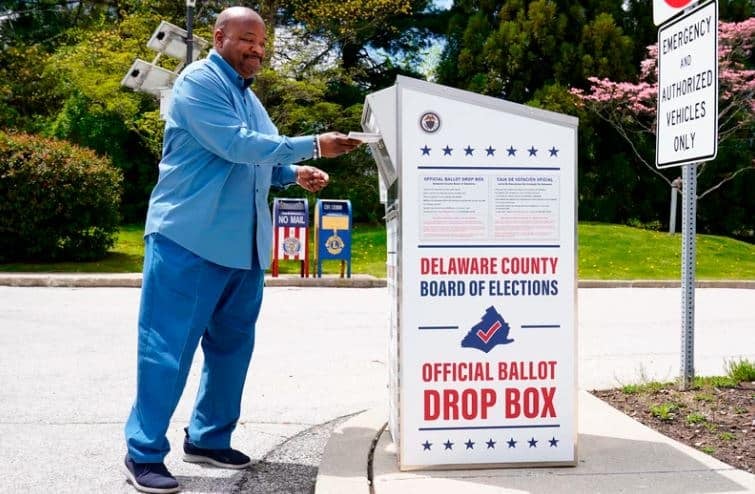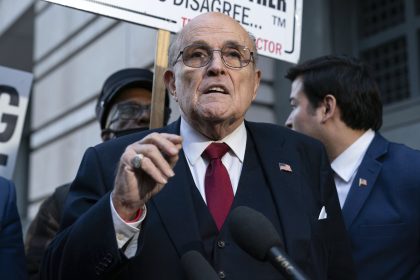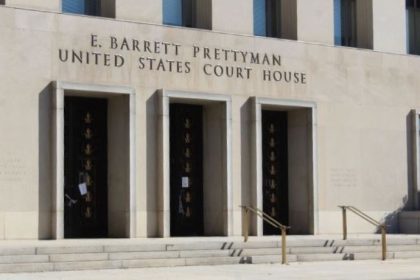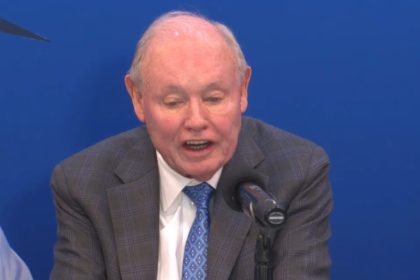Pennsylvania Supreme Court Upholds Mail-In Voting Expansion

HARRISBURG, Pa. — A Pennsylvania mail-in voting law that greatly expanded the population eligible to vote that way has survived a legal challenge before the state’s Supreme Court.
In a 5-2 ruling handed down Tuesday, the Democratic majority on the court overturned a lower court ruling from January that said Pennsylvania’s Act 77 violated the state constitution.
As a result of the Supreme Court’s decision, all voters in the key swing state will be able to cast ballots by mail in November and in all future state and federal elections.
“We find no restriction in our constitution on the General Assembly’s ability to create universal mail-in voting,” Justice Christine Donohue wrote in the majority opinion.
Act 77 passed with strong bipartisan support in 2019, but it has been a bone of contention among Republicans ever since the November 2020 presidential election.
The irony of the legal challenge was that it was brought by many of the same Republican state lawmakers who voted in favor of the legislation just three years ago.
After the Republican-controlled lower court threw out the legislation, Democratic Gov. Tom Wolf appealed the case on the grounds the judges had based their rulings on older versions of the state constitution that had invalidated earlier attempts to expand absentee voting.
Attorneys for the governor argued that the state constitution only establishes a minimum requirement for absentee voting — a floor, if you will — but does not bar steps taken to go beyond those minimums.
As an example, they pointed out that military spouses have been allowed to vote absentee and with mail-in ballots for years, despite the fact nothing in the state constitution specifically makes that allowance.
Despite the state Supreme Court’s ruling, litigation over Pennsylvania’s mail-in ballot continues. Last month, 14 Republican state lawmakers filed yet another attempt to get the law tossed.
The new complaint points to a separate provision of the state constitution that states a law will become void as soon as any of its requirements are struck down by a court.
The lawmakers contend the so-called “non-severability” provision was triggered in May by a ruling in the 3rd U.S. Circuit Court of Appeals.
The underlying case stemmed from a judicial election last year, in which mail-in ballots were challenged due to their not being embossed with a handwritten date. A three-judge 3rd Circuit panel ultimately held that the requirement in the mail-in ballot law requiring a handwritten date had no bearing on a voter’s eligibility to cast a ballot.
More than half of states now allow no-excuse absentee voting. Pennsylvania joined them after Wolf agreed to a deal with Republicans that also did away with the straight-ticket voting by party option on ballots.
Dan can be reached at [email protected] and @DanMcCue























